How the Israel-Iran conflict could go nuclear and is helping their leaders cling to power
Jack Straw was the first foreign secretary to visit Iran after the 1979 revolution and is used to negotiating with its leaders – even, on one occasion, from a train loo. Here, he explains why Netanyahu and Khamenei are throwing each other a lifeline to stay in power, and warns we could all pay a terrible price...


A quiz question: the Iran-Iraq war of 1980-88 was one of the bloodiest since the Second World War. Most major powers were actively supporting the aggressor, Iraq, hoping that Iran’s Islamic Revolution, begun in 1979, could be snuffed out.
Which Western nation was the only reliable and consistent supplier of arms to Iran?
The answer: Israel. Iran could not have lasted the eight years of the war without Israeli help. Key military engagements were also coordinated.
In April 1981, the Iranian air force took out over 40 Iraqi warplanes at the H3 airfield in western Iraq, using aerial photography supplied by the Israelis. Three months later, it was Iran supplying the “overheads” to the Israelis, who used them successfully to destroy Saddam Hussein’s key nuclear weapons plant at Osirak.
The view of key CIA analysts (now declassified) was that but for the destruction of Osirak, Hussein would “probably” have had a useable nuclear weapon by 1984-85.
Menachem Begin was prime minister of Israel at the time, and tough as nails. So was Ayatollah Ruhollah Khomeini, leader of the Islamic Revolution. They chose to cooperate (albeit covertly) because of a common interest in de-fanging Saddam. Neither country liked the other – that wasn’t the point – but they rubbed along.
Indeed, it was not until the early Nineties that relations really began to deteriorate. There was a combination of factors. Khomeini’s outrageous fatwa against Salman Rushdie in 1989, and, critically, the struggle for power across the Middle East in the vacuum that followed the collapse of the Soviet Union, alongside the defeat of Iraq in the first Gulf War in 1991.
Though there is now a deep fissure running through Iranian society, between that small minority who are active supporters of the Islamic Republic, and the rest, there is one thing which transcends the divisions.
This is Iran’s powerful sense of pride as a nation, in the antiquity of its civilisation, and an equally powerful resentment that Iran has not been accorded the status it deserved as a major regional power.
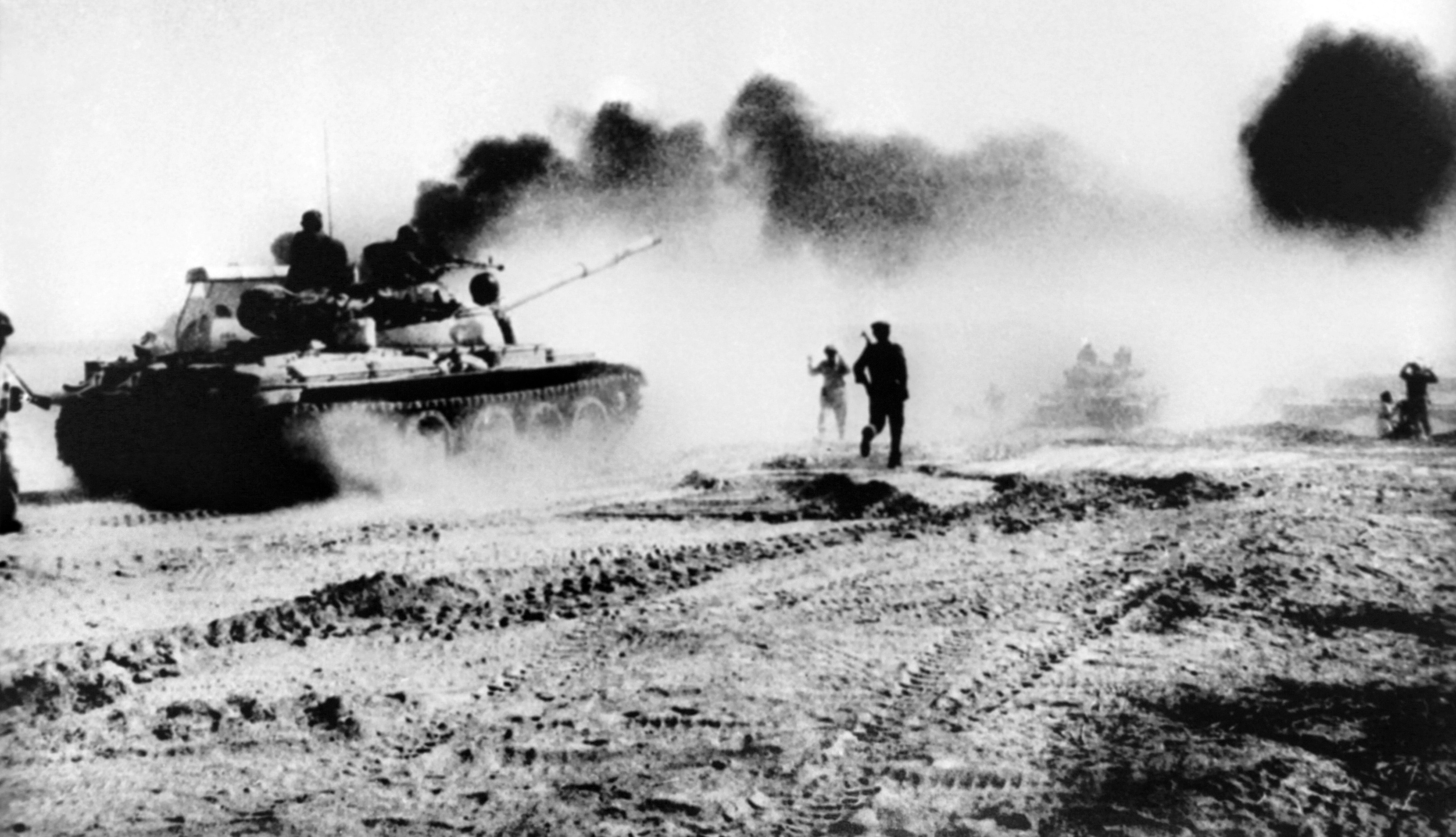
Khomeini, and his successor Ali Khamenei, had made plenty of anti-Israeli speeches in the 1980s, but these were boiler-plate. What changed Iran’s position was its exclusion from the key 1991 Madrid Middle East conference, which indirectly laid the ground for the Oslo Accords.
Before this, despite their belligerent rhetoric, the Iranians had tacitly made clear that they would accept whatever the Palestinians decided for themselves. But once excluded, they changed their stand. They foolishly accused Yasser Arafat of having “committed treason against the Palestinian people”, and thereafter aligned themselves with Hamas and the other rejectionist organisations.
For the then Israeli prime minister, Yitzhak Rabin, this was manna from heaven. He had taken a huge political gamble in agreeing the peace deal with Arafat. Despite a mandate to do so, there was the most intense opposition within Israel to the deal.
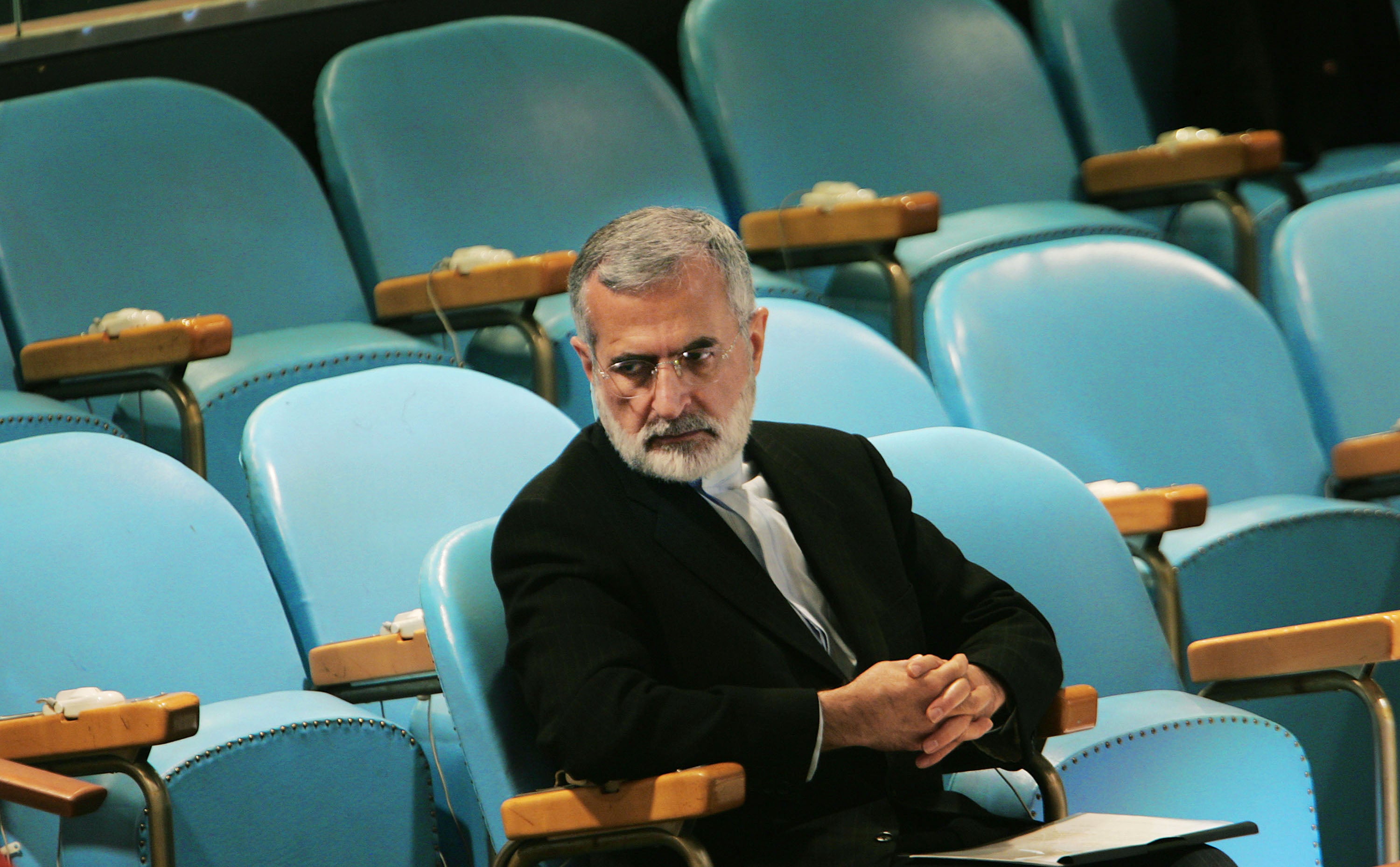
Seizing on the Iranians’ rabid antagonism to the very existence of Israel, Rabin was able to do a body-swerve, to present the Iranians as the real strategic threat to Israel, and to use the Iranian’s attacks on Arafat and the Palestinian Liberation Organisation to emphasise the latter’s relative moderation.
The “Israeli shift [in its attitude to Iran] was as intense as it was unexpected”, writes the Iran expert Trita Parsi. But it worked. Ever since, the Israeli right with its echoes in the United States, and the hard-liners in Iran, increasingly desperate to cling to power, have fed off each other.
Netanyahu and Khamenei are providing the lifelines for the other to stay in office.
There is now a deep fissure running through Iranian society, between that small minority who are active supporters of the Islamic Republic, and the rest
Iran’s drone and missile attack on Israel last Saturday night has now moved the international spotlight away from relentless attention on the suffering and gratuitous destruction in Gaza, to Israel as a victim.
In Iran, the attack is being used by the regime to rally patriotic feeling. In normal circumstances, former moderate Iranian president, Hassan Rouhani, finds it difficult to get any coverage in Iranian media. Not this week. He was brought out to make a tough statement against “the Zionists”, warning of punishment if the Israelis “continue their aggression”. (I watch the Iranian press very carefully.)
What is particularly interesting about this is that Rouhani was the Iranian politician who did more than any other to try to bring Iran in from the cold by the negotiation of the nuclear deal in 2015.
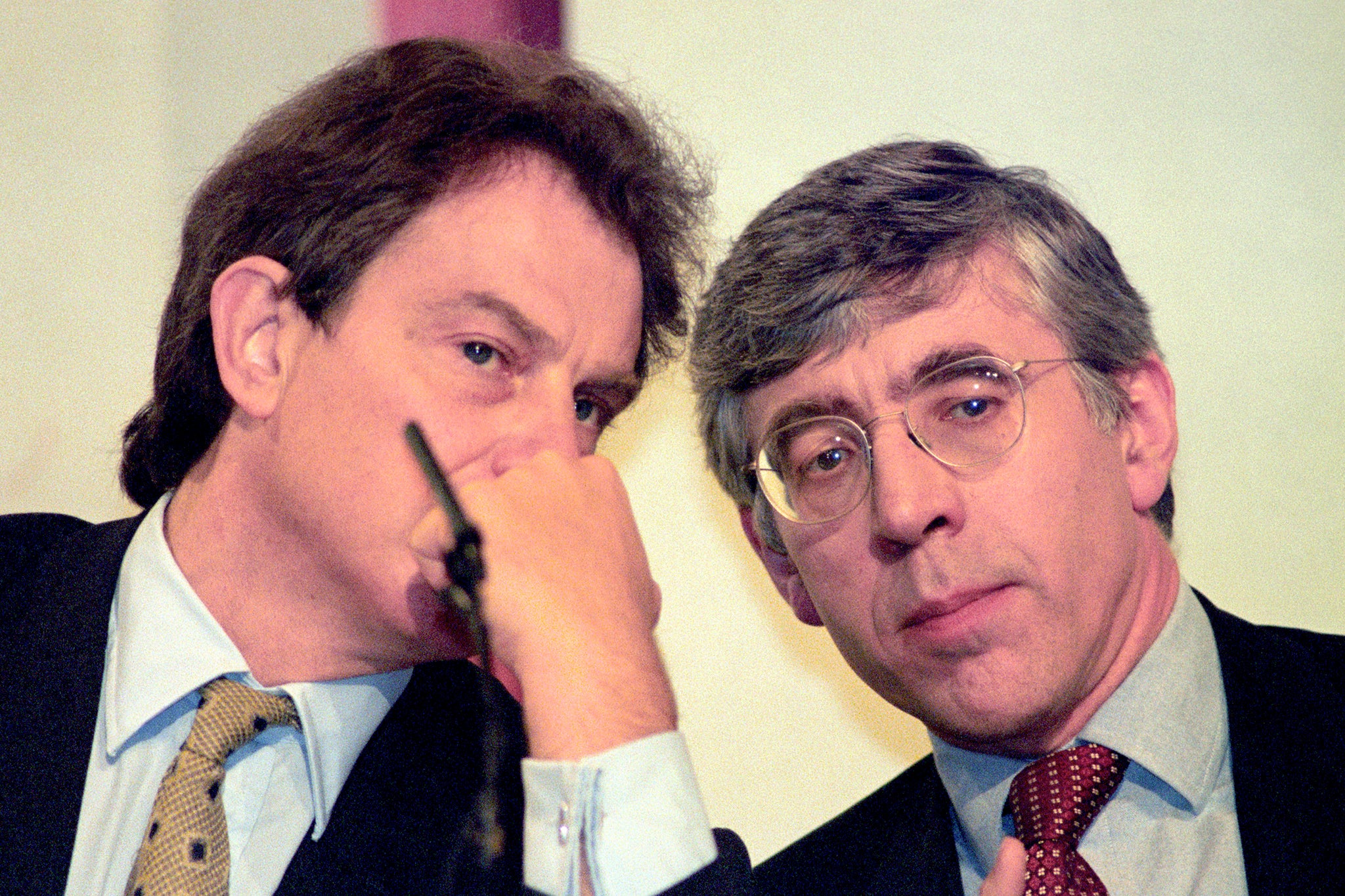
With my French and German counterparts, I started those negotiations in 2003 – with Rouhani, then national security chief. He had more trouble with his own side than with us. After one round of intense negotiations in a European capital, we agreed on a communique, word by word. On the train home, my office called to tell me that the Iranian foreign minister (and friend) Kamal Kharrazi needed to talk to me immediately.
To avoid being overheard by the whole carriage, I went into the loo. Kamal wanted to reopen part of the text, agreed just hours before.
“You see paragraph 15, (b),” he said. “No, Kamal, I’m afraid I don’t. I’m in the lavatory of a train. I don’t have those papers with me. And, my friend, do you have any idea how difficult it is to negotiate with the government of Iran?”
To which Kharrazi came back, quick as a flash: “Jack, do you have any idea how difficult it is to negotiate within the government of Iran?”
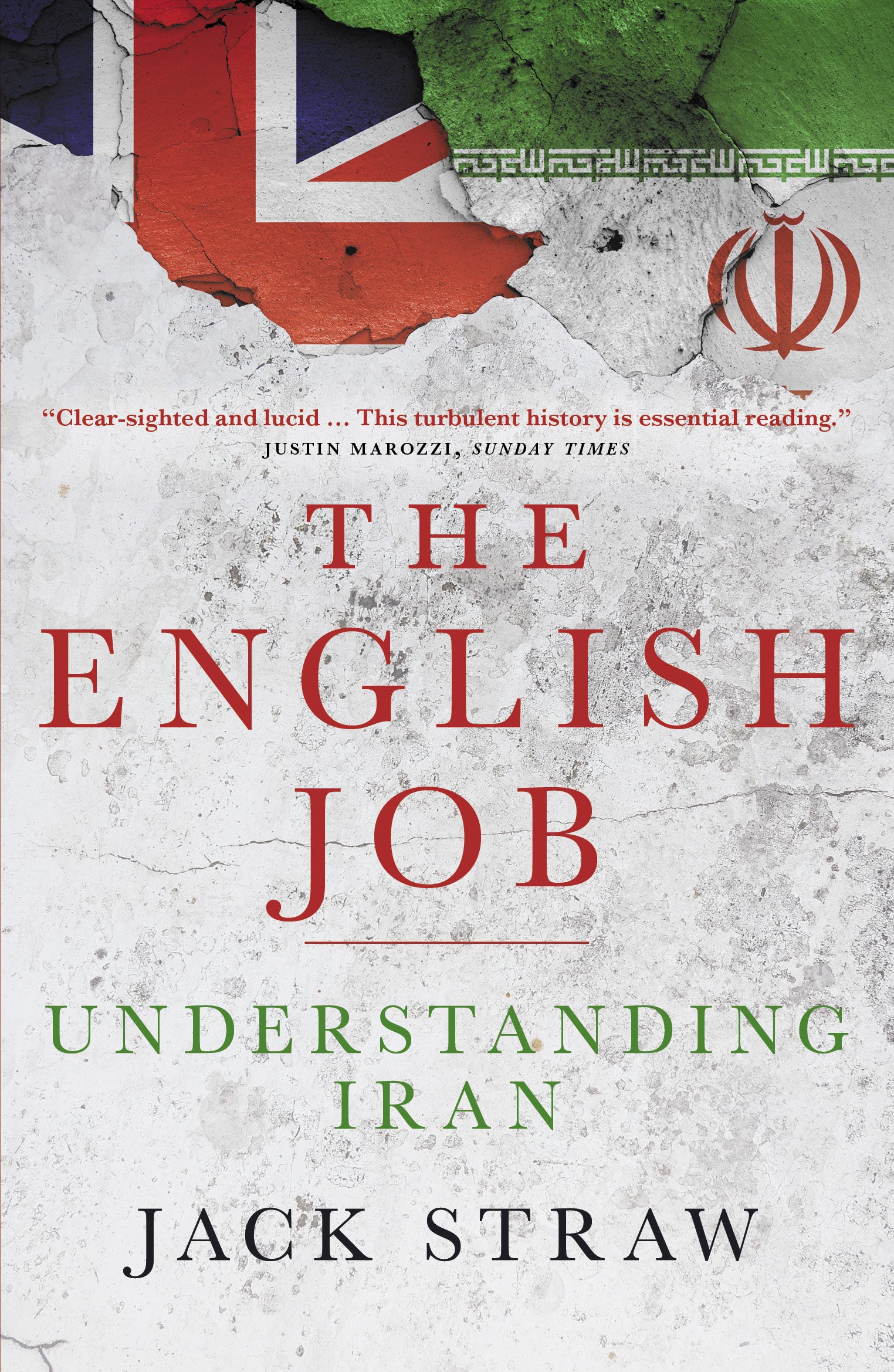
Those internal difficulties were acute when Rouhani and his moderate predecessor Mohammad Khatami held office. They had received very large mandates in pretty fair elections, but they were subject to control by the unelected “deep state” centred on the supreme leader, Ayatollah Ali Khamenei. But even today, with all branches of government tied up for the hardliners through the exclusion of “unsuitable” candidates (including Rouhani), and constant repression, the regime remains internally very fractious.
That’s principally for three reasons. First, the regime knows in its bones that it has comprehensively, and permanently, lost even the sullen acquiescence of the vast majority of the population – probably around 80 per cent. That went with the excessive, brutal crackdown of the extensive protests in 2022-23 against the judicial murder of Mahsa Amini, who was arrested for not wearing her hijab properly.
The economy is in persistent trouble. Inflation is rampant – averaging 25 per cent a year; the currency has cratered, there’s high unemployment including among the educated young. Then there’s the jostling for the succession to Khamenei – 85 on Friday, never fully recovered from an assassination attempt and in power since 1989.
Netanyahu is tactically skilled, but strategically catastrophic. The 2015 nuclear deal delayed any nuclear weapon ambitions of Iran for decades and secured the most intense international inspection of their nuclear facilities.
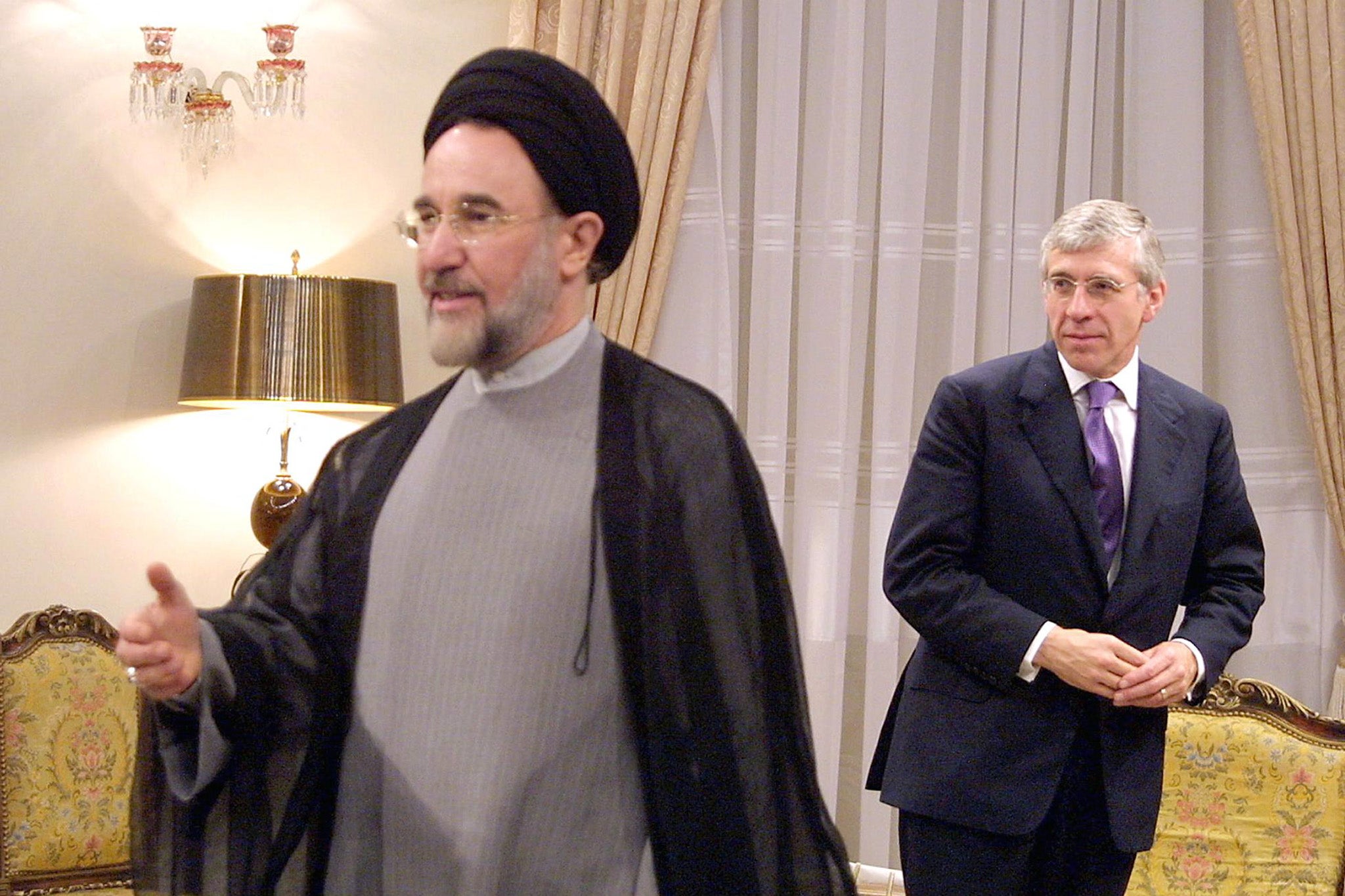
But Netanyahu foamed at the mouth about it, and got Trump to do so too. Trump collapsed the whole deal in 2018, with entirely predictable results. Off the leash, the Iranians have now accelerated the production of highly enriched uranium (U235) to 60 per cent, from which further enrichment to 90 per cent weapons-grade is easy.
Will they make that move? It’s hard to say, but if Netanyahu were to overreact to last weekend’s attack, those within Iran who have long wanted it to become a nuclear power could well win the day. Then the world really would become a very dangerous place. With Israel, Pakistan, India, and Iran all holding a nuclear arsenal, and Putin’s threats to use “tactical” nuclear weapons in Ukraine, Saudi Arabia and Turkey might well follow suit.
Oh, for the wisdom of Menachem Begin and Ruhollah Khomeini.
Jack Straw was Britain’s foreign secretary from 2001 to 2006. He is also the author of ‘The English Job: Understanding Iran’ and is the current chair of the British-Iranian Chamber of Commerce






Join our commenting forum
Join thought-provoking conversations, follow other Independent readers and see their replies
Comments